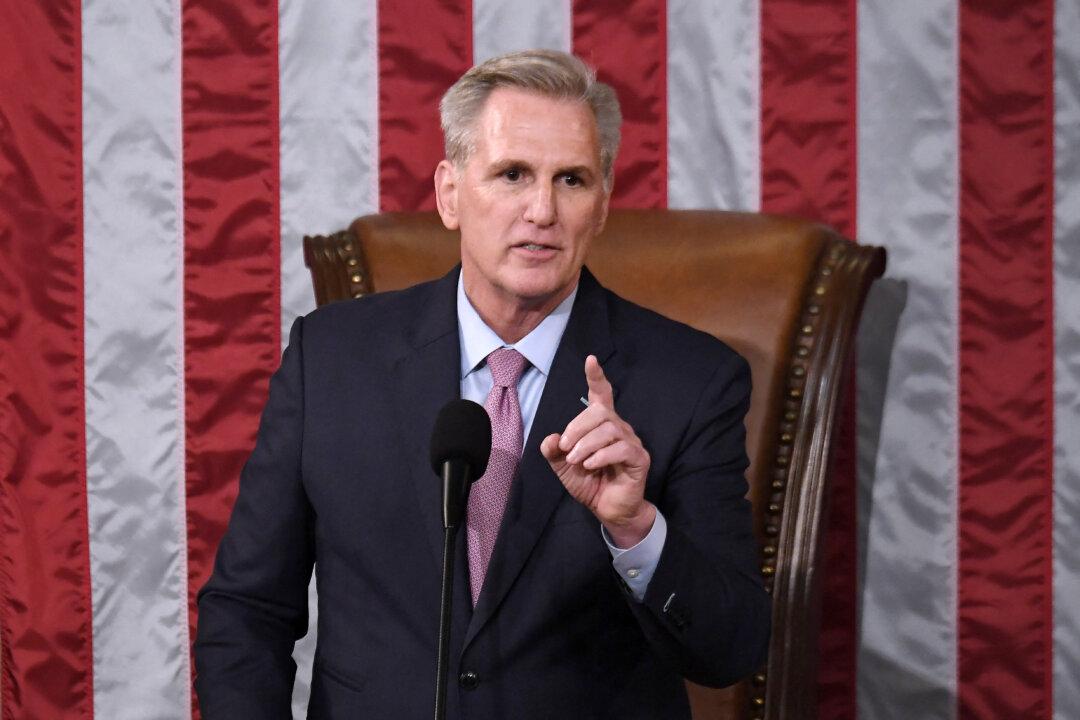Tough negotiations in Congress that on Saturday ended with Rep. Kevin McCarthy (R-Calif.) taking the gavel as House speaker have led to a series of compromises, including seven conservative bills that are guaranteed to be put to a vote.
McCarthy had to make numerous concessions to win over a holdout group of populist Republicans, including one that gives him a fragile grip on power by allowing just one member to move to vacate the speaker’s chair.





